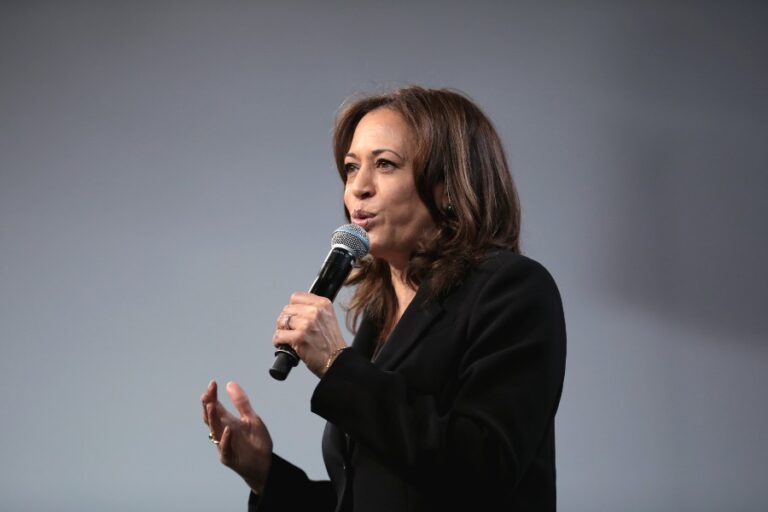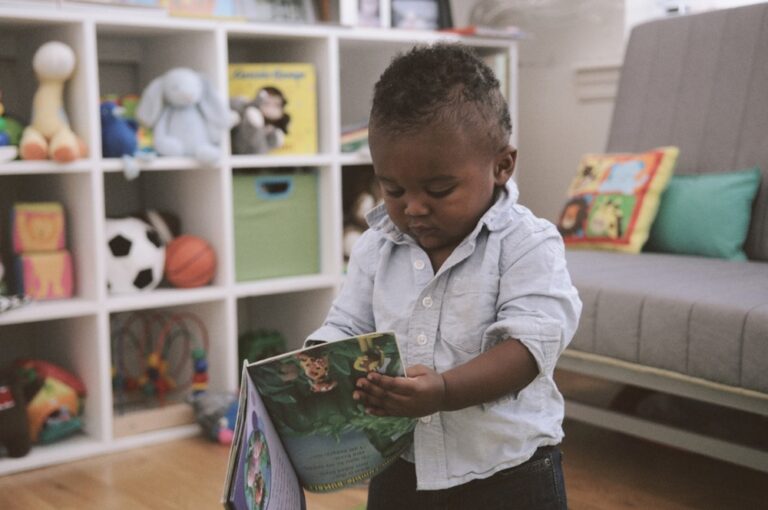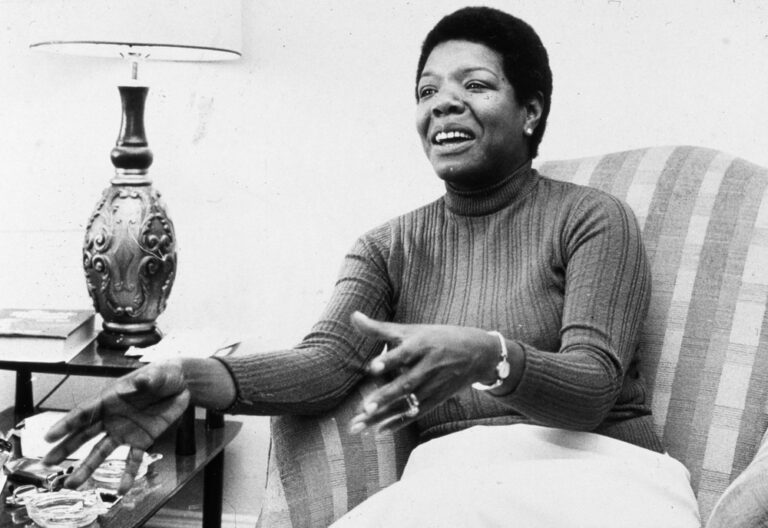It’s well-established that we here at mater mea stan Beyoncé Giselle Knowles-Carter. Especially this ✊🏿✊🏿✊🏿 version of her that’s become undeniable since 2016’s Lemonade, her ode to Black womanhood. Since then, Beyoncé has been firm about speaking on her own terms and revealing parts of herself in service to her community.
And now that she’s a mom of three, we’re pretty sure that community is primarily Black mothers. Since becoming a Blue, Sir, and Rumi’s mom, motherhood is central to her work and what she wants to say. Her candid, fan-created Q&A in Elle Canada to promote her IVY PARK x adidas this week is the most recent example of this.
Yes, she’s living her affirmation of being a Black Bill Gates in the making. (She bought back the brand and owns the line outright, making her “one of the youngest women, and the only African-American woman, to exercise 100% ownership of an athleisure brand,” Elle Canada reports.)
But in being so open about her experiences, Beyoncé is literally using her body (of work and her physicality) to show reverence for Black mothers as mainstream culture continues to ignore or villainize them.
Answering a seemingly surface question from a fan who asked how she feels about not winning awards, Beyoncé replied with a whole entire word:
I began to search for deeper meaning when life began to teach me lessons I didn’t know I needed. Success looks different to me now. I learned that all pain and loss is in fact a gift. Having miscarriages taught me that I had to mother myself before I could be a mother to someone else. Then I had Blue, and the quest for my purpose became so much deeper. I died and was reborn in my relationship, and the quest for self became even stronger. It’s difficult for me to go backwards. Being “number one” was no longer my priority. My true win is creating art and a legacy that will live far beyond me. That’s fulfilling.
While her miscarriages are a part of her story, talking about them so openly gives women permission to acknowledge their miscarriages and realize they can find healing through loss as she did. (Black women are more likely to suffer different types of pregnancy loss than white women, but many still think they’re alone in that experience because of the silence around it.)
Maybe it’s the stan in us, maybe it’s Bey assuming the mantle of Black AF artist, but we can’t help but feel like whenever she’s talking about motherhood, she’s speaking specifically to Black moms so they feel seen.
Here are a few more examples of Beyoncé speaking the truth about motherhood for only (we think!) us to hear.

1. …When she talked about taking care of her body after pregnancy…
Strong Black Woman narrative? Drop it, sis. Start saying no and start saying yes to taking care of yourself, Queen Bey, says in the Elle Canada Q&A.
“Many of us grew up seeing our parents act as if they were superheroes,” she replies in response to a question on self-care. “Most women have been conditioned to ignore symptoms and just ‘tough it out’ and focus on taking care of everyone else before themselves. I am no longer one of those people. After having a difficult pregnancy, I took a year to focus on my health. I have researched information on homeopathic medicines. I don’t just put any prescription in my body. My diet is important, and I use tools like acupuncture, meditation, visualization, and breathing exercises.
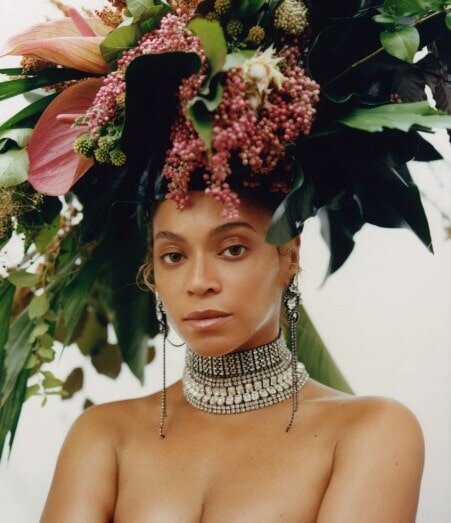
2. …When she talked about her traumatic birth experience…
Beyoncé hadn’t given an interview in years before she appeared in Vogue’s September 2018 issue, not only as a cover star, but as the creator of her own narrative. She enlisted Tyler Mitchell to capture her, making him the first Black photographer to ever shoot a Vogue cover (which, by the way, was also its all-important September issue) and the cover story was “in her own words” instead of being a traditional celeb-interviewer profile.
Bey made the conscious choice for her pregnancy and road to body acceptance to appear first. She shared her traumatic birth story—life-threatening complications that led to an emergency C-section and weeks in the NICU for her twins Sir and Rumi—in the wake of more attention being paid to Black maternal mortality crisis, aligning herself with that reality.
“I was in survival mode and did not grasp it all until months later,” she said. “Today I have a connection to any parent who has been through such an experience.”
She also talked about the importance of healing generational trauma and breaking cycles of abuse after looking at her family’s past, from her parents’ divorce to her own marriage all the way back to a slave-owning ancestor.
“I pray that I am able to break the generational curses in my family and that my children will have less complicated lives,” she said.
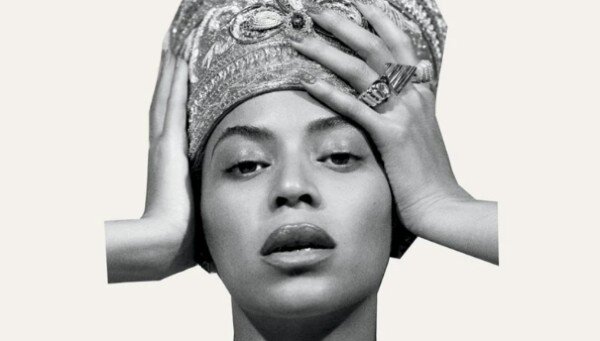
3. …When she said anything about juggling work and family during Homecoming…
Beychella was a love letter to HBCUs and Homecoming, the Netflix documentary giving a behind-the-scenes look at the concert, was for working moms everywhere—especially those who are returning to work after maternity leave.
Any one who has put in long hours and just wants to be with their “fifty-leven” children understands what Bey was saying when she talked about her attempts at work-life balance, and the difference between life before and after kids.
“Physically, it was a lot to juggle. It’s like, before, I could rehearse 15 hours straight. I have children, I have a husband, I have to take care of my body… Just trying to figure out how to balance being a mother of a 6-year-old and of twins that need me, and giving myself creativity, and physically, there’s a lot to juggle.”
And anyone trying to “snapback” and lose their baby weight could relate to how excited Beyoncé was after she was able to fit into an old costume.
But even with all the hurdles, she wouldn’t change it for anything.
“I’m in a new chapter in my life, and I’m not even trying to be who I was. It’s so beautiful that children do that to you.”
Who here can’t relate to that?
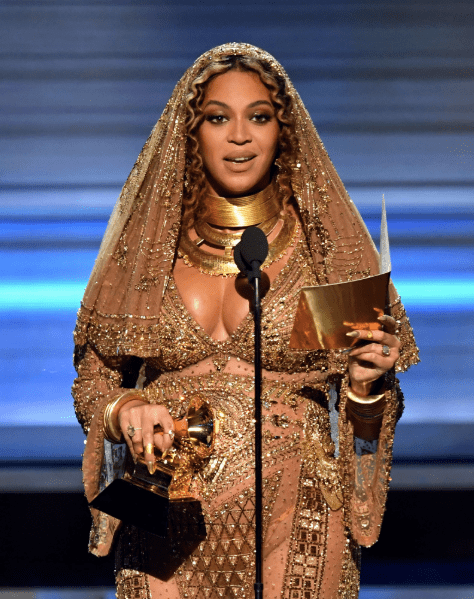
4. …When she lowkey put Trump and other white supremacists on blast…
Black families are constantly looking for ways to counteract the negative depictions of Black people seen in the news and media for their children’s sake. That need for positivity has only increased in “Trump’s America.” Bey spoke to this in her Grammys acceptance speech for Lemonade, and gave a roadmap for a way out:
“We all experience pain and loss, and often we become inaudible. My intention for the film and album was to create a body of work that would give a voice to our pain, our struggles, our darkness and our history. To confront issues that make us uncomfortable. … It’s important to me to show images to my children that reflect their beauty, so they can grow up in a world where they look in the mirror, first through their own families—as well as the news, the Super Bowl, the Olympics, the White House and the Grammys—and see themselves, and have no doubt that they’re beautiful, intelligent and capable. This is something I want for every child of every race. And I feel it’s vital that we learn from the past and recognize our tendencies to repeat our mistakes.”
We love the message of starting within our homes to empower our children so they can face the world.

5. …When she filmed “Spirit” and made “Brown Skin Girl” with Blue Ivy…
True to her word, and understanding the needs of so many Black moms, Beyoncé created those positive images with “Spirit” and an anthem in “Brown Skin Girl.”
And the ABC behind-the-scenes documentary Beyoncé Presents: Making the Gift is full of the Carter family being #familygoals—again, offering up more positive images for Black families.
6. …When she creative directed her pregnancy…
So much of what Beyoncé says is unspoken—she lets the imagery she creates around her projects do the talking. And that was the case with her pregnancy with Sir and Rumi, as The Undefeated breaks down in incredible detail.
“It’s not enough to say “We’re not welfare queens or breeding wenches or “subfeminine,’ ” to use Eldridge Cleaver’s word. Telling society what you are not is not the same as defining what you are,” wrote Soraya Nadia McDonald.
“Rather than be pigeonholed, Beyoncé used her second pregnancy to position herself, and by extension black womanhood at large, as the center of life.”
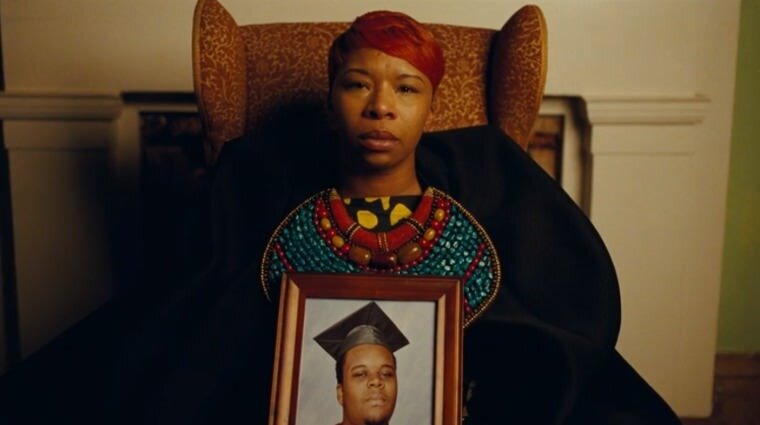
7. …and when she included Mothers Of The Movement In Lemonade.
“Lemonade dares to envision a world where matriarchs are divine and powerful,” wrote Ev Petgrave for mater mea when the album and film first came out. “It reminds us that despite living under the thumb of patriarchy and misogyny, we’ve always had the power to turn sour lemons into lemonade.
“This message was made apparent to me with the appearances of Sybrina Fulton, Gwen Carr, and Lesley McSpadden solemnly holding photos of their sons Trayvon Martin, Eric Garner, and Michael Brown respectively, all of whom notably lost their lives to police brutality. (Geneva Reed-Veal and Angela Helton, mothers of Sandra Bland and Rekia Boyd respectively, would’ve looked just as regal and pained holding their lost daughters.) By featuring Sybrina, Gwen, and Lesley, Lemonade brought the focus back on Black motherhood, something that America seems to only direct attention to when one of our children is unfairly murdered. These women are representative of the disservice society has done to Black mothers, but they also remind us of Black women’s ability to move forward from pain to serve a higher purpose. They represent the height of loss, but also the painful applications of Black Girl Magic.”

